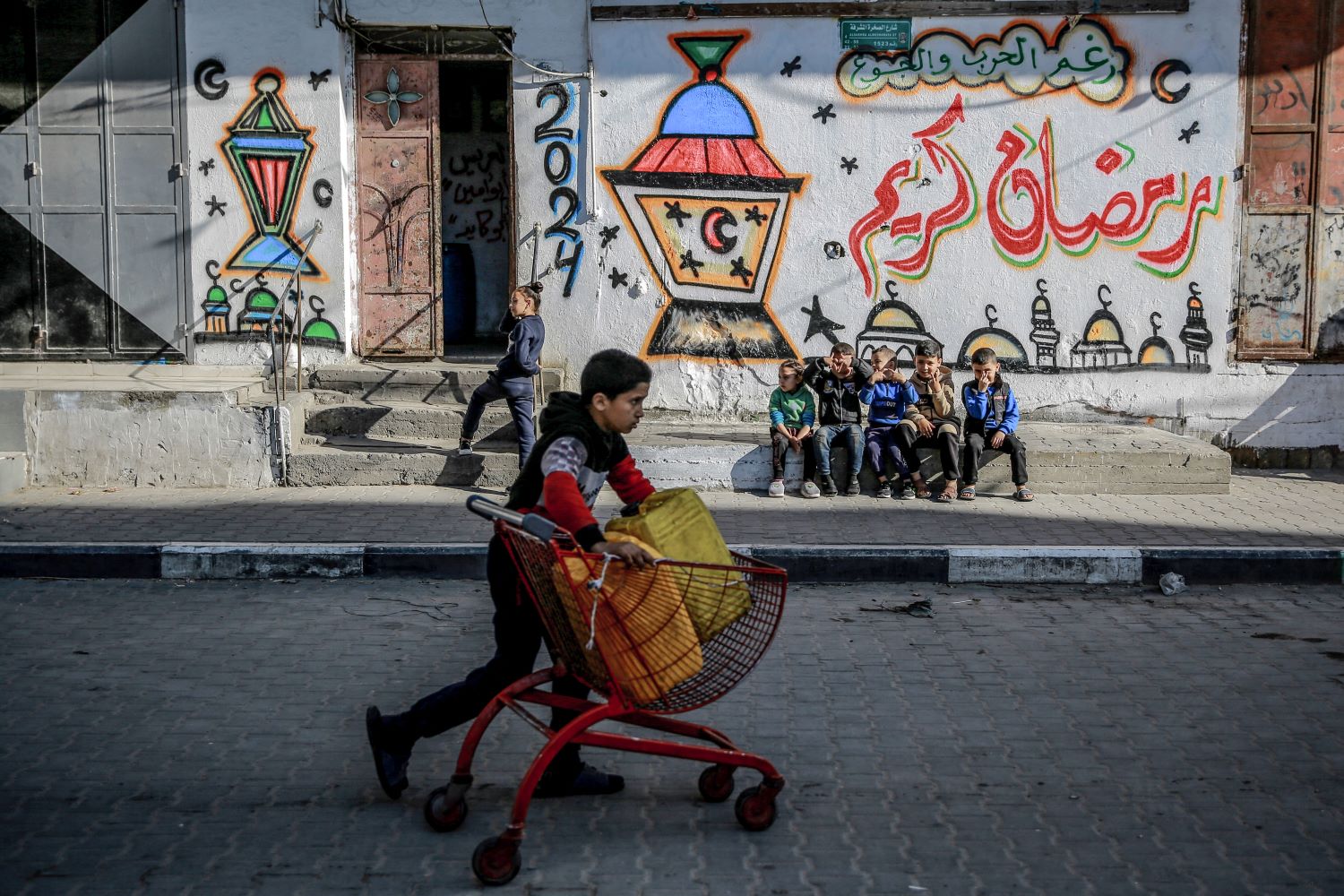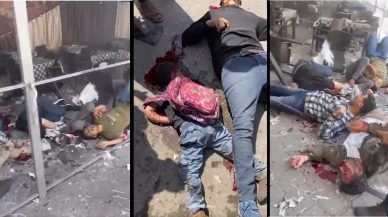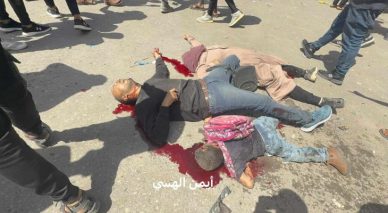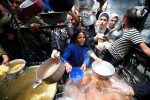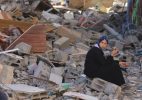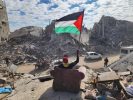GAZA, (PIC)
As the blessed month of Ramadan arrives for the second consecutive year, the residents of the Gaza Strip face exceptionally difficult circumstances. The ongoing effects of the Israeli war that began in October 2023 continue to cast heavy shadows over daily life. Amidst widespread destruction and a suffocating humanitarian crisis, Gazans live the holy month with fears of renewed aggression following the end of the first phase of a ceasefire agreement that lasted 42 days.
Ramadan under siege: Ongoing suffering and hopes for resilience
In the devastated neighborhoods, the suffering of residents striving to adapt to the reality of continuous war is evident. Nader Harb, 49, a resident of Sheikh Radwan neighborhood, describes this Ramadan as entirely different from last year, when he was forced to live in displacement tents in the southern region after his home was destroyed. Nader states, “Despite the difficult conditions, I feel I have regained part of my life, but fear still accompanies us daily.”
Mohammed Harb, 32, who remained in northern Gaza during the war, recalls last Ramadan bitterly, having endured harsh conditions due to food supply shortages. He emphasizes that the famine experienced in the northern areas was among the most severe challenges faced by the residents.
Markets in Gaza: Rising prices and attempts to revive life
Despite the harsh conditions, Gaza’s markets experienced a relative revival with the arrival of Ramadan, as some basic food items became available, albeit at unprecedentedly high prices due to border closures and scarcity of goods. Ayman Muheisen, a vendor of qatayef (a traditional Ramadan dessert), notes that the price of a kilogram of qatayef has reached 20 shekels (about $6), compared to only 6 shekels before the war, indicating a decrease in demand due to the economic crisis.
Samaheer Salem, a resident of Gaza, affirms that despite the high prices, Ramadan has a special flavor, saying, “Despite everything, we try to celebrate the season; qatayef is part of the spirit of Ramadan.”
Ramadan between destruction and resilience: Efforts to restore joy
Despite the widespread devastation, the people of Gaza are trying to reclaim some of the joyful aspects of Ramadan. Young people from Khan Yunis refugee camp have decorated the destroyed streets and written slogans such as “Ramadan Amidst Destruction” and “Happy Ramadan Despite the Wounds,” expressing their strong will to face hardships.
Faheema Al-Bardawil, 69, a camp resident, insists on celebrating despite everything, stating, “We are a people who love life, and we will celebrate Ramadan and rejoice after Eid with the wedding of two of my grandchildren.”
Solidarity initiatives: Supporting displaced people and reviving traditions
With the arrival of Ramadan, community initiatives have emerged to assist those in need. Youth groups organized communal suhoor (pre-dawn meal) in some areas, along with calls for iftar (breaking fast) gatherings for the displaced in tents and shelters.
Simultaneously, the musaharati (pre-dawn meal callers) continue their rounds in Gaza’s streets, carrying national slogans reminding residents of suhoor and iftar times, while shop owners strive to invigorate the markets despite significant economic challenges.
An uncertain future: Will the ceasefire hold?
In this context, the residents of Gaza live in a state of anticipation, amid diplomatic efforts to extend the ceasefire, hoping that this will provide an opportunity to regain some stability. However, fears persist, especially with the continued Israeli restrictions on the entry of aid, exacerbating the suffering of residents who rely primarily on humanitarian relief.
In the absence of international guarantees, Palestinians fear that this year’s Ramadan may just be a temporary respite before a new escalation returns them to the cycle of war and suffering.

